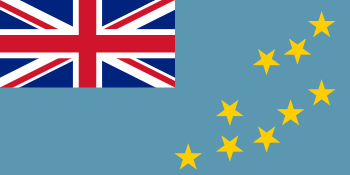Discrimination (Employment and Occupation) Convention
| Convention concerning Discrimination in Respect of Employment and Occupation | |
|---|---|
| Type | Anti-discrimination law |
| Signed | 25 June 1958 |
| Location | Geneva |
| Effective | 15 June 1960 |
| Condition | 2 ratifications |
| Parties | 173[1] |
| Depositary | Director-General of the International Labour Office |
| Languages | French and English |
The Convention concerning Discrimination in Respect of Employment and Occupation or Discrimination (Employment and Occupation) Convention (ILO Convention No.111) is an International Labour Organization Convention on anti-discrimination. It is one of eight ILO fundamental conventions.[2] The convention requires states to enable legislation which prohibits all discrimination and exclusion on any basis including of race or colour, sex, religion, political opinion, national or social origin in employment and repeal legislation that is not based on equal opportunities.
(non)-Ratifications
As of May 2016, the convention had been ratified by 173 out of 187 ILO member states. ILO member states that have not ratified the convention are:[3]
 Brunei
Brunei Cook Islands
Cook Islands Japan
Japan Malaysia
Malaysia Marshall Islands
Marshall Islands Myanmar
Myanmar Oman
Oman Palau
Palau Singapore
Singapore Suriname
Suriname Thailand
Thailand Tonga
Tonga Tuvalu
Tuvalu United States
United States
The convention has been extended by New Zealand to cover Tokelau. The convention has not been extended to Aruba, Curaçao, Sint Maarten, or the Caribbean Netherlands within the Kingdom of the Netherlands.[4]
References
- ↑ "Convention No. C111, ratifications". International Labour Organization. 26 April 2013.
- ↑ "Conventions and ratifications". International Labour Organization. 27 May 2011.
- ↑ "Ratifications of the Fundamental human rights Conventions by country". International Labour Organization. 26 May 2011. Retrieved 26 May 2011.
- ↑ "Detailpagina Verdragenbank; Verdrag betreffende discriminatie in arbeid en beroep". Ministry of Foreign Affairs (Netherlands) (in Dutch). Retrieved 27 May 2011.
External links
- Text and ratifications